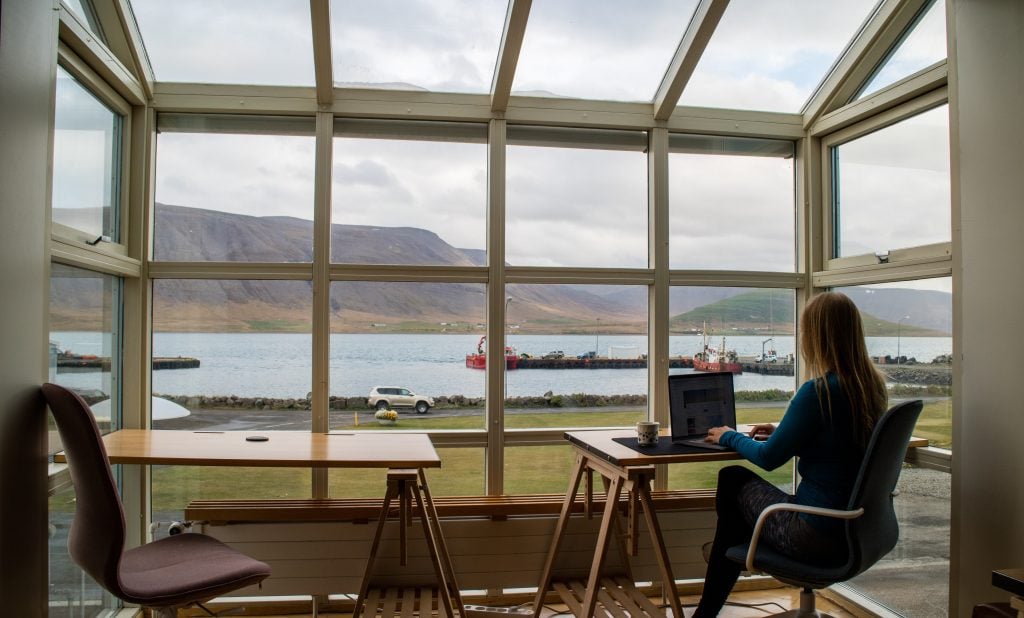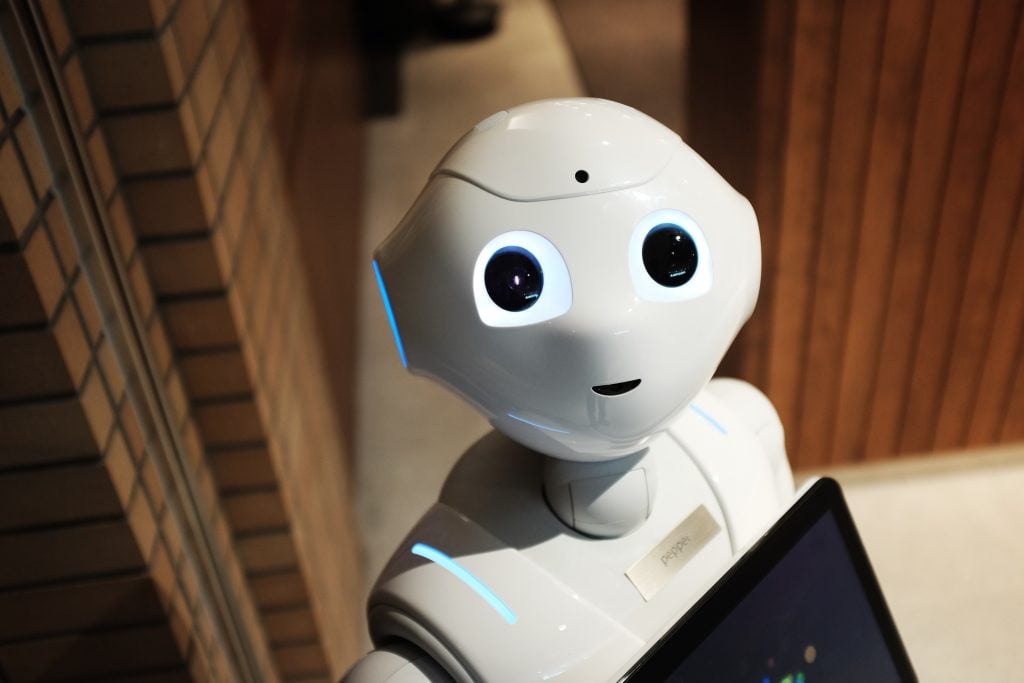How come Bulgaria and Romania lead “women in tech” rankings?
This is a story about legacy. Boriana Manolova is a Bulgarian engineer with over 20 […]
This is a story about legacy. Boriana Manolova is a Bulgarian engineer with over 20 […]
Brunch, the tech startup that offers a website feedback app to enhance online collaboration, raised […]
On May 27th and 28th, LAUNCHub Ventures and Bulgarian business media Capital are bringing the […]
Romania becomes an even more attractive destination for remote working, as it pushes forward a […]
After the recent listing on the New York Stock Exchange of the Romanian robotics unicorn […]
The author of this text is Aleksandra Janakievska – a Product Growth Marketer at Brainster.io, co-founder […]
Brainster is an EduTech company based in Skopje, North Macedonia, since 2015. The startup wants […]
What is the future of work? As traditional concepts that served as a basis for […]
What is the profile of a typical digital nomad? Tech-savvy, educated, usually aged between 25 […]
The author of this text is Aleksandra Janakievska – a Product Growth Marketer at Brainster.io, […]
Hi, I am Valeria Green, and I am the founder and CEO of CHELA Marketplace. […]
What is the first thing you think about when you hear “digital transformation” or “cloud […]
In fact, there is no universally accepted understanding of what the future of work will be like. As a concept, the future of work describes the shifts in the way people will work over the next decade, influenced by technological, social, and generational changes.
Times, technologies, and demographics are changing so fast, that the predictions made today, may already be obsolete tomorrow.
Then what impact do these dynamics have on the business models of modern organizations? How do remote working, online collaboration, and digital transformation transform the workforce? What does the future workplace look like today? And what will be the employment opportunities 10 years from now?
Globally, around 40% of the working population is worried about artificial intelligence putting their jobs at risk in the future. While almost 80% are ready to learn new skills or re-train to remain relevant in the future workforce.
In Europe, disparities between clusters are widening and 48 hubs generate more than one-third of the job growth in the continent. Among them are the cities of Amsterdam, Copenhagen, and London. While Eastern Europe is a region with a declining workforce and comparatively lower educational attainment.

To help SEE companies reverse the trend and become one of the dynamic hubs in Europe. The region is already considered an emerging talent hub, and with the right tools and mindset, it can be a step ahead in the future of work game.
We want to present the insights, expert opinions, and actionable advice that companies and talent need to adopt an agile mindset, build a strong company culture, and set themselves up for success in any scenario.
From agile transformation and remote-first company culture to leadership styles of the future and future work models, our goal is to dive deep into all of the key Future of Work topics. These also include remote collaboration, startup company culture, approaches for attracting and retaining talent, and work automation.

The Recursive authors who are focused on the topic – Elena Vrabie and Bojan Stojkovski, constantly talk with regional experts in human resources and organizational psychology, as well as with workers of remote-first companies to present the most accurate picture of the current state of work in CEE.
Find out more success stories of companies that are building future of work solutions or which are excelling at building future organizational models. Meet the faces behind companies such as DRUID AI, Robotiq.ai, Motion Software, and LucidLink.
Subscribe to The Recursive newsletter to get the newest Future of Work insights in your mailbox.